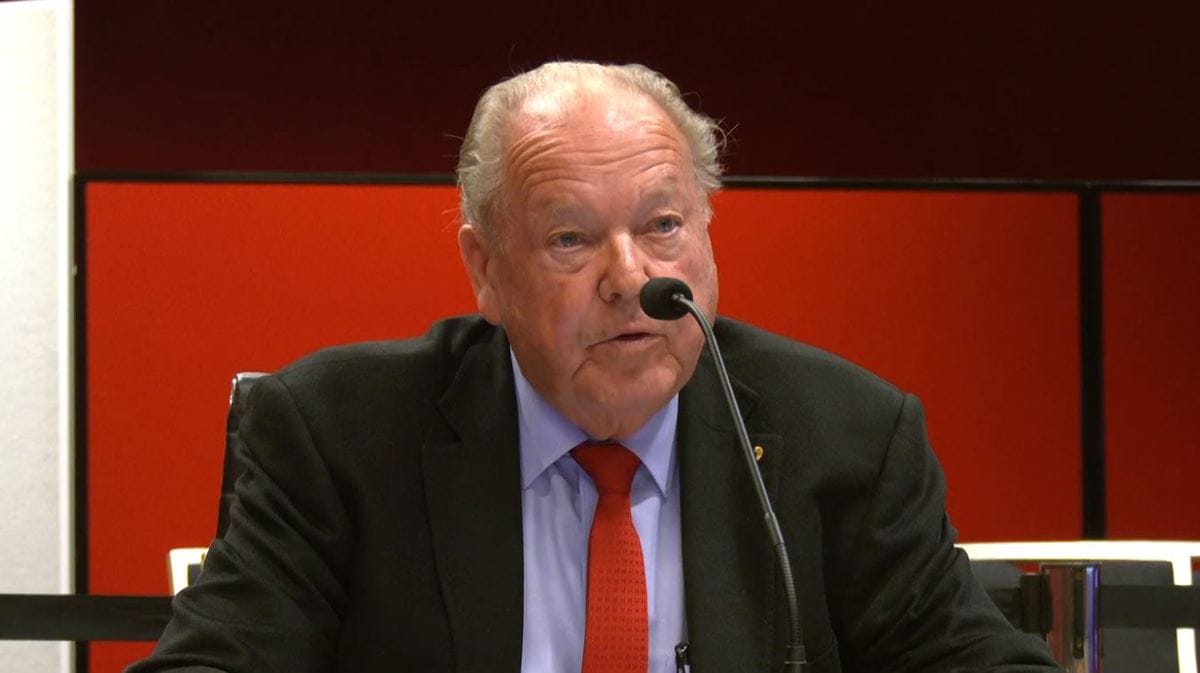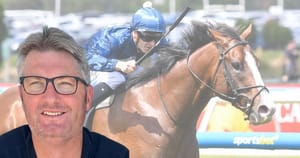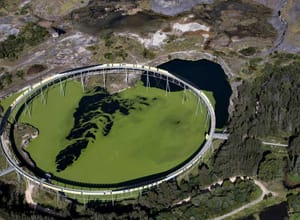Respected businessman, breeder, owner, and former Australian Jockey Club chairman Ron Finemore has called for major changes to the Racing NSW board's composition and wants industry participants to have a say in the regulator's governance.
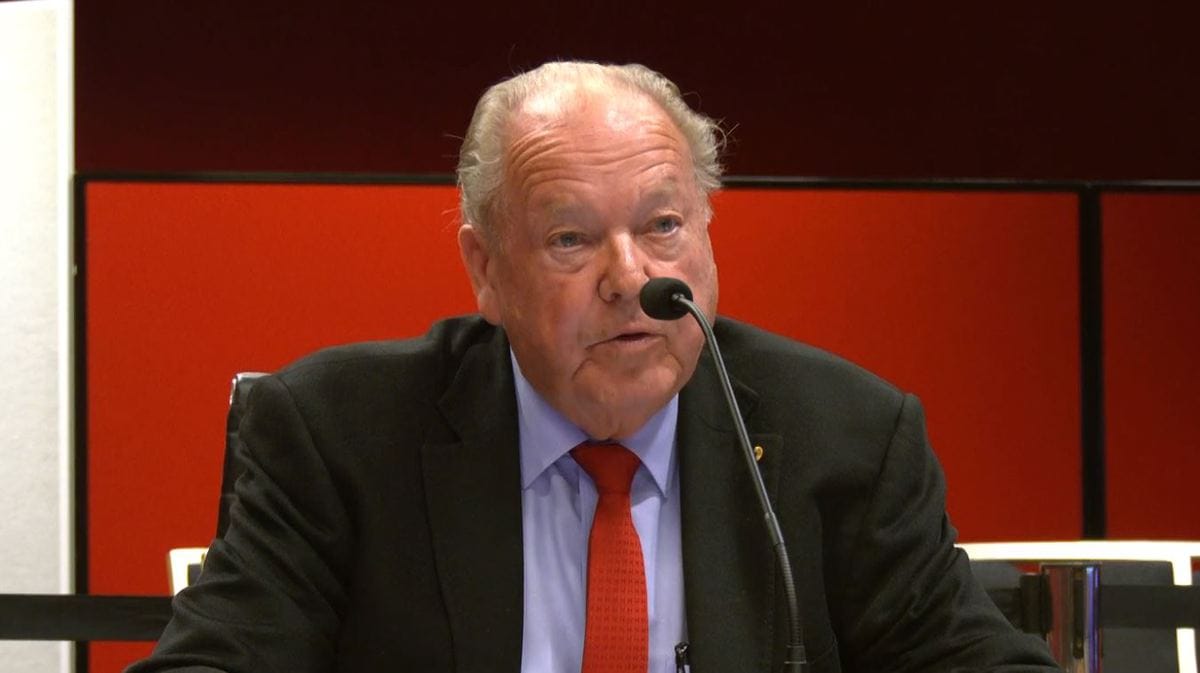
Speaking at the fourth day of public hearings at the Rosehill Select Committee, Finemore, who was AJC chairman from 2009 until 2011, and owns a significant transport business as well as having major thoroughbred interests, said he wants to see changes in the way racing is governed in the state.
“I definitely don't agree with everything that is happening in the administration of racing in NSW today,” he said.
“But all those involved in racing have the opportunity of getting involved in the administration and trying to do something about it if they're not happy. But that is not as easy as it used to be, with less directors or committee members being directly appointed by the members.”
The Racing NSW board and executive have both been put in the spotlight at the Rosehill inquiry, which has heard evidence from chair Saranne Cooke, board member Garry Charny as well as chief executive Peter V’landys throughout the public hearings.
The seven Racing NSW board members - V’landys, who is appointed by the board as CEO is the eighth - are currently selected by the Racing Minister at the recommendation of a selection committee, whose exact composition is held in confidence by the government.
That approach, and the presence of three government appointed members of the Australian Turf Club, is something Finemore has taken issue with.
“The industry participants have no say in the election of the directors of Racing NSW, other than which government is elected, with the directors all being appointed by the minister,” he said.
“I believe that a small number of these should be appointed by the minister, but the majority should be appointed by the members of each of the key participating groups of owners, breeders and trainers. The ATC board has only seven directors, with three appointed by the minister for racing and only the other four elected by the members.”
Finemore later said that the current board approach did not ensure “the proper debate and consideration that needs to take place in all organisations”.
He also questioned the way prize money was being allocated in New South Wales, particularly the money being offered for feature races.
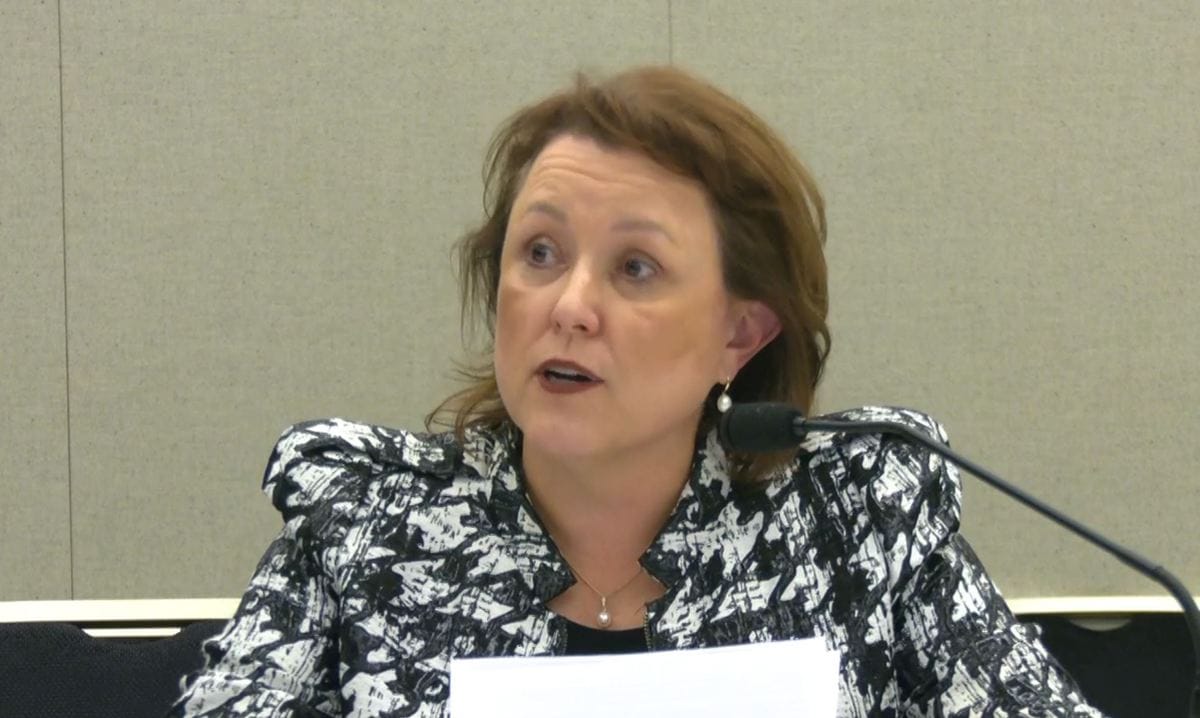
“I think that one area of opportunity for savings is that we are paying far too big a prize money to the new major races,” he said.
“I'm supportive of these races. I believe that they have been great for the promotion of the industry here in New South Wales, but I don't believe that the prize money needs to be anywhere near as big as it is to get the same promotional effect.
“These funds could be spread across many other races and the facilities and participants in the industry across all of New South Wales. It is very easy to spend money, but it's very hard to earn it in the first place.”
Meanwhile, Finemore admitted he was an advocate of retaining Rosehill and that it and Randwick remained valuable assets that were key to the ATC’s core business.
Finemore appeared alongside former Australian Turf Club chairman Matthew McGrath, who served in that role before current chairman Peter McGauran took over in 2022.
McGrath, who oversaw several development proposals in his time with the ATC, described the way in which the Rosehill proposal has developed as “rushed”.
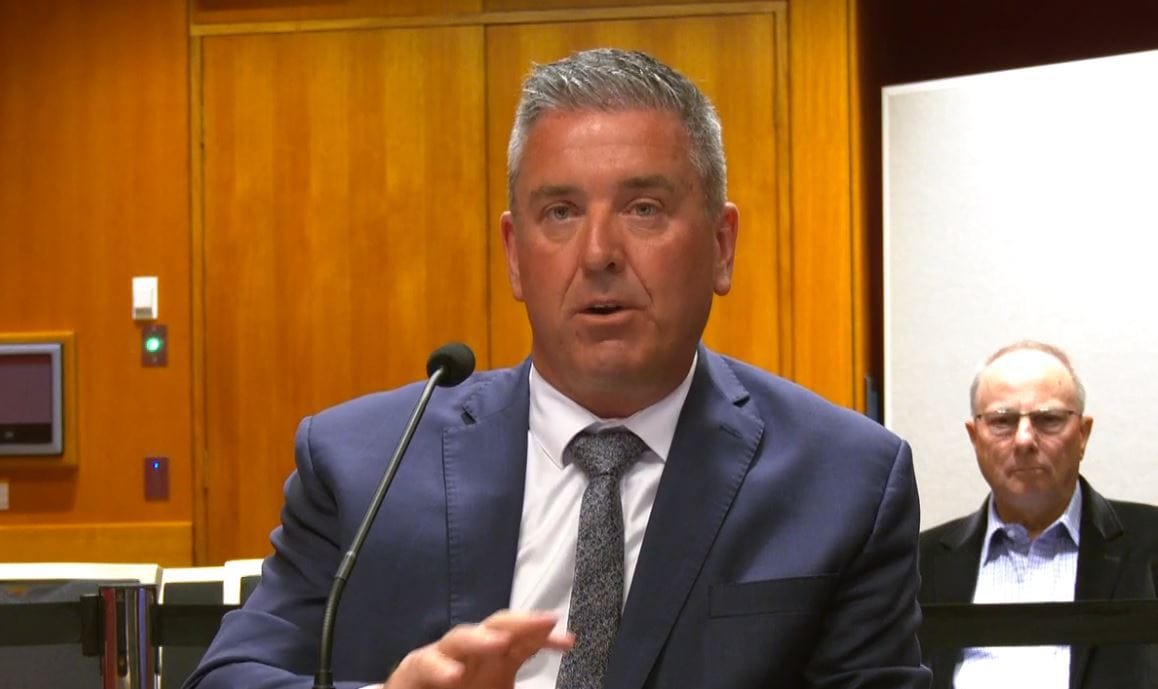
He was questioned about the process by which ATC executive Steve McMahon met with Premier Chris Minns and his chief of staff on October 30 last year.
He said that if a meeting had been organised with the Premer under his watch, that the CEO and the relevant executive would have attended as well as possible the chairman.
“The three of us would have gone, and we did that on other processes. In terms of other locations, we have actually done that,” McGrath said.
McGrath clarified that McMahon, a long-term friend of the Premier, had always been professional and trustworthy in McGrath’s time as chairman of the ATC.
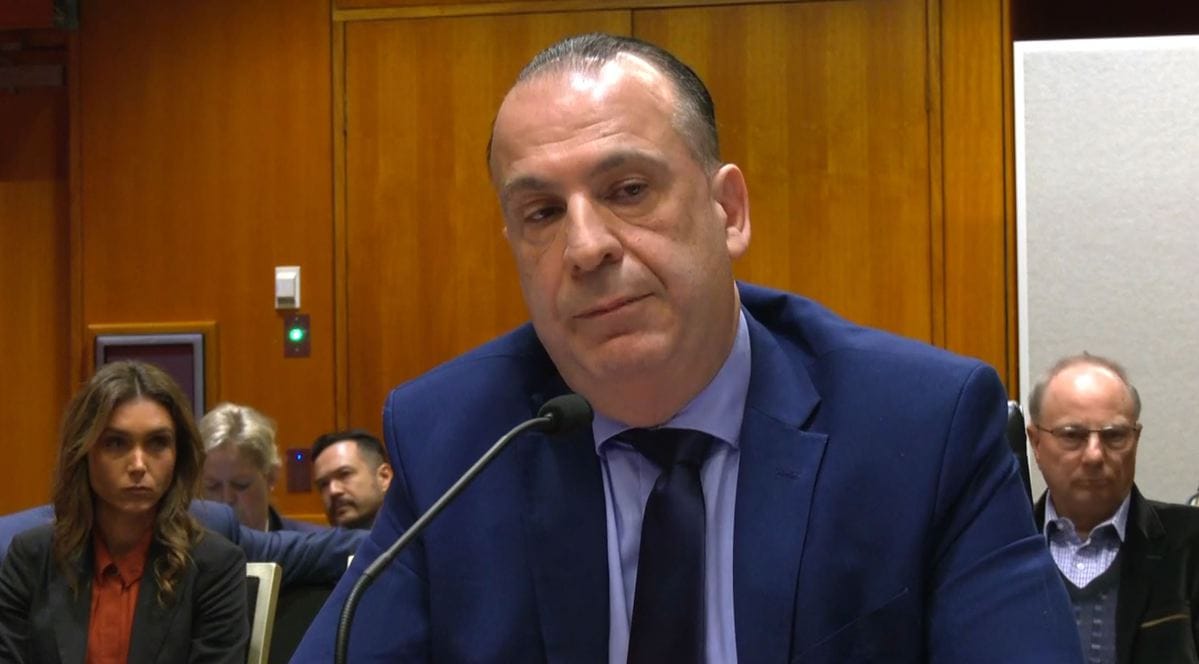
Both McGrath and Finemore were asked about whether they would have taken a discussion like this to the board before progressing it with the government. It has emerged that McMahon’s meeting with Minns occurred three weeks before the full ATC board was advised,
Finemore said he wasn’t aware of the specifics of the fiduciary responsibilities of the ATC, but that in his own business dealings there would be a clear course of action.
“I know what it would be in my role as director of the company that I own 50 per cent of. It would be to ensure that the board was fully communicated with and it would be the board decision on how we progress it,” he said.
McGrath said that when he was at the ATC, that discussions such as this would come up to the board via subcommittees.
“Conversation in that subcommittee would always rise through to the board each month,” McGrath said.
Finemore was blunter in his assessment, reflecting on his time of co-ordinating the merger of the AJC and the Sydney Turf Club in 2011.
“Communication equals cooperation as far as I'm concerned. And that's one of the things that I live by,” he said.

